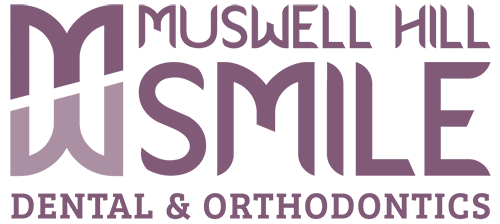
TMD or temporomandibular disorder is a common condition affecting an estimated 30 per cent of people at some point in their lives. While it is prevalent, and also temporary and rarely serious, it can nevertheless be extremely uncomfortable, sometimes very painful, and can have a detrimental effect on a person’s life.
TMD arises from problems with the muscles in the jaw or the joint itself. Your jaw may be popping or clicking or even “getting stuck” every now and then. It is important to see a dentist or dental specialist for a consultation to determine the cause of the oral problem.
Pain is the most common complaint of TMD patients and it can occur in the masticatory and related muscles, the TMJs or both. Pain can be present at any time, even in the absence of any jaw activity. The pain intensity can be mild to severe and its duration can also vary considerably from momentary to constant. For some individuals there can be multiple episodes over weeks or months.

Some of the most common TMD symptoms include:
- Pain in the face, jaw or ear area
- Headaches (often mimicking migraines), earaches, and pain and pressure behind the eyes
- A clicking or popping sound when opening or closing the mouth
- Jaw that “gets stuck,” locked or goes out of place
- Tenderness of the jaw muscles
- Trouble chewing or biting
- Swelling of the face
- A sudden change in the person’s dental occlusion (the way the upper and lower teeth fit together)
While there is no single cure for TMD, there are different treatments that may reduce your symptoms dramatically. Your dentist may recommend one or more of the following:
- Trying to eliminate muscle spasm and pain by applying moist heat or taking medication, such as muscle relaxants, aspirin, other over-the-counter pain-relievers or anti-inflammatory drugs.
- Reducing the harmful effects of clenching and grinding by wearing a night guard or splint. Custom-made to fit your mouth, the device slips over the upper teeth and keeps them from grinding against the lower teeth.
- Learning relaxation techniques to help control muscle tension in the jaw. Your dentist may suggest you seek training or counselling to help eliminate stress.
- Transcutaneous electrical nerve stimulator (TENS) uses low-level electrical currents to relax joint and facial muscles and provide relief. Low-level laser therapy will assist in helping the neck to move more freely.
- A dentist may prescribe non-steroidal anti-inflammatory drugs to relieve pain and swelling.




